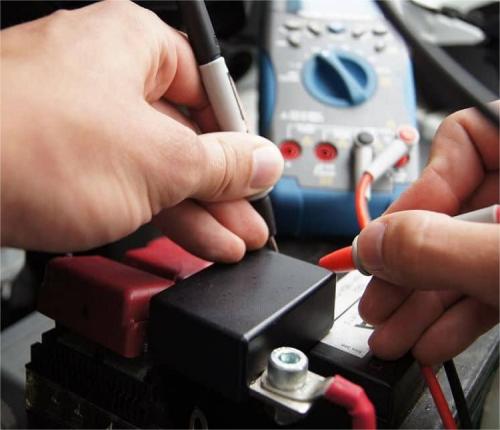Lithium-Ion Battery Care Guide
Lithium-ion batteries are widely used in various electronic devices due to their high energy density, longer lifespan, and lightweight nature. To ensure optimal performance and maximize the lifespan of lithium-ion batteries, it is important to follow proper maintenance practices. This article provides valuable tips for maintaining lithium-ion batteries.
1. Avoid Extreme Temperatures:
Extreme temperatures can significantly impact the performance and overall lifespan of lithium-ion batteries. It is important to avoid exposing them to high temperatures, such as direct sunlight, heating vents, or hot car interiors. Similarly, extremely low temperatures can reduce battery capacity. Store and operate lithium-ion batteries within the recommended temperature range, typically between 20°C and 25°C.
2. Avoid Full Discharge:
Unlike older battery technologies, lithium-ion batteries do not need to be fully discharged before recharging. In fact, frequent deep discharges can harm the battery's lifespan and overall performance. Instead, it is recommended to recharge your lithium-ion battery before it reaches a critically low level, ideally around 20-30% capacity remaining.
3. Use the Correct Charger:
Always use the charger that comes with your lithium-ion battery or a reputable branded charger specifically designed for your device. Using incompatible or cheap chargers can cause overcharging, which may lead to battery degradation. It is important to choose chargers that provide the recommended voltage and current output to ensure safe and optimal charging.
4. Avoid Overcharging:
Overcharging can lead to excessive heat generation, which is harmful to lithium-ion batteries. To prevent overcharging, it is essential to unplug the charger once the battery is fully charged. Most modern smartphones, laptops, and other devices have built-in mechanisms to prevent overcharging, but it is still advisable to unplug them once the charging reaches 100%.
5. Regular Use and Partial Discharges:
Lithium-ion batteries benefit from regular use and partial discharges. If a device is not in use for an extended period, it is recommended to charge the battery to around 40-50% capacity and store it in a cool, dry place. Lithium-ion batteries should be exercised by using them regularly and not left in a discharged state for an extended period.
6. Avoid Physical Damage:
Avoid subjecting lithium-ion batteries to physical damage or harsh impacts, as it can damage the internal structure and compromise its safety. Handle your devices with care and use appropriate protective cases or covers when necessary.
By following these maintenance tips, you can extend the lifespan and optimize the performance of your lithium-ion batteries. Regular use and careful handling will ensure your lithium-ion batteries remain in good condition and provide reliable power for your electronic devices.








